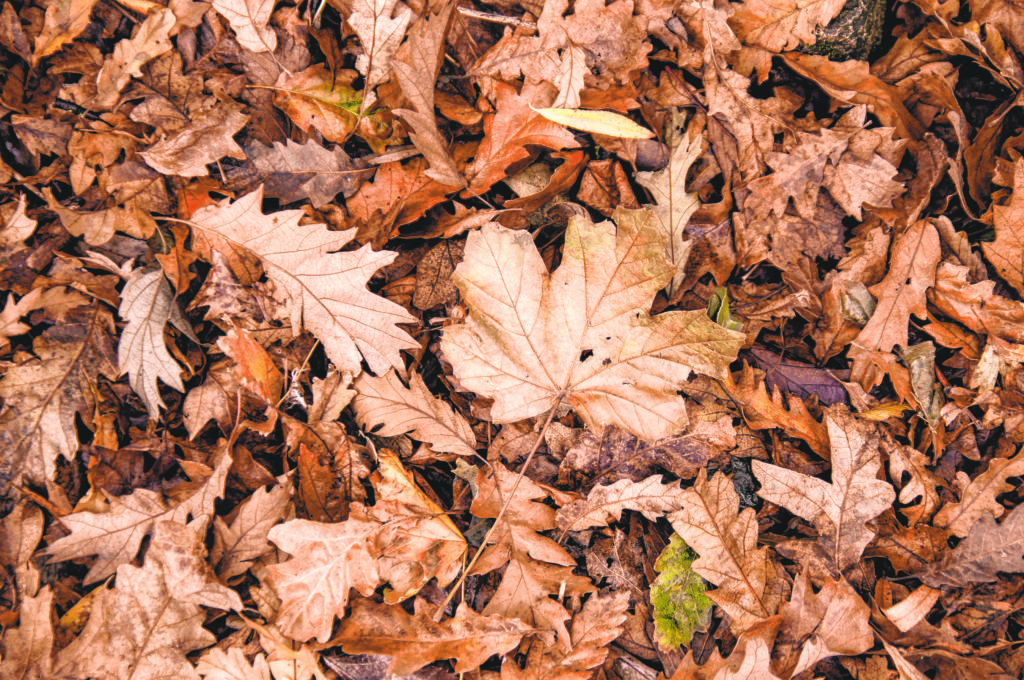By Anthony Marinello
specialsections@antonmediagroup.com
While lawn mowers and leaf blowers are now heard most of the year, it becomes even worse in autumn as the leaves begin to fall. The use of leaf blowers is one of the most polluting and wildlife-disturbing actions we perform in our yards, gardens and parks.
Studies have shown songbirds abandon nests, struggle to set up territories and find mates because of leaf blower use. Insects like pollinators and caterpillars have even been shown to be thrown from their host plants where they risk being fatally injured. We have developed these methods for dealing with a natural occurrence without having any regard for the creatures that require this habitat element to survive.

It is unfortunate that so many people aren’t aware of just how important fallen leaves are to the local ecology. Fallen leaves harbor many of the beneficial insects that are required for a healthy, functioning ecosystem.
Many predatory invertebrates like beetles and spiders depend on leaf litter to overwinter and evade predators. Many butterflies and moths overwinter in various life stages within this leaf litter as protection. Others hatch out and feed on these leaves as their first meal. These insects in turn are consumed by our songbirds, who feed their chicks a diet of soft-bodied insects.
Many other kinds of animals require this leaf litter as part of their natural habitat including frogs and toads, salamanders, newts, snakes and turtles and other small animals such as songbirds.
Fallen leaves provide insulation to plant roots during the winter months as well as protect the soil from erosion. These leaves are then broken down by invertebrates and natural fungi into leaf mold—which is a substance similar to compost and is the foundation of a healthy soil ecology.
Leaving your leaves also helps capture carbon, retaining much of the leaf’s own carbon, while preventing the carbon emissions that are involved with gas leaf blowers and the transportation of leaves to processing facilities.
To clarify, I don’t mean to neglect your property and not clean up any leaves. Walkways, patios and lawns should all have leaves removed from them. Relocate these leaves into your garden beds. Excess leaves can be mowed directly into the lawn or shredded for mulch and compost. Mulching into the lawn not only fertilizes your turf, but has also been shown to reduce weeds with each subsequent year.
The goal should be to preserve as much whole leaves as possible while preventing disposal of leaves through municipal means. Ideally lawns should be reduced or eliminated, but that’s a discussion for another day.
—Anthony Marinello, owner of Dropseed Native Landscapes (@DropseedNativeLandscapesLI or 516-524-8711)


















